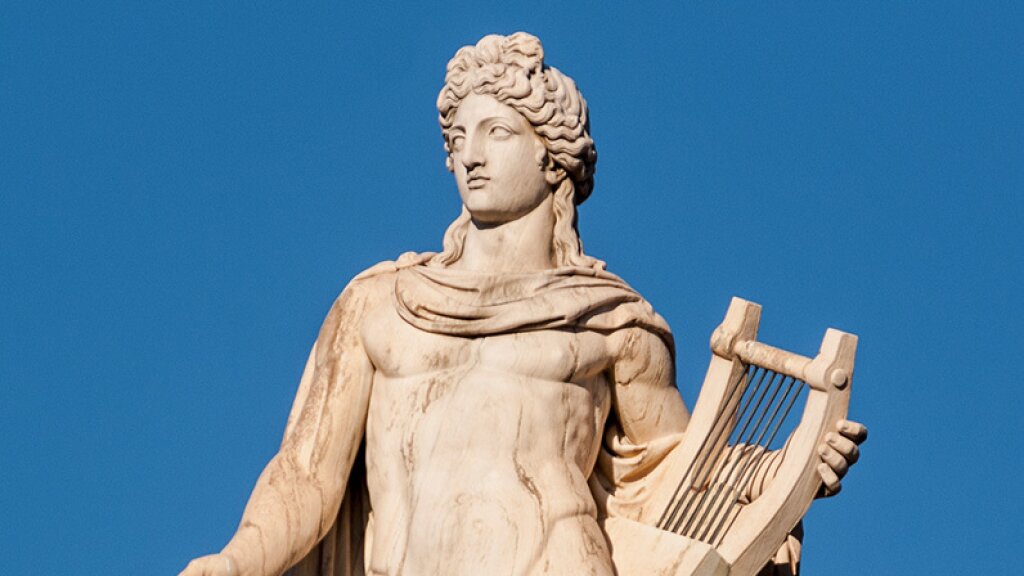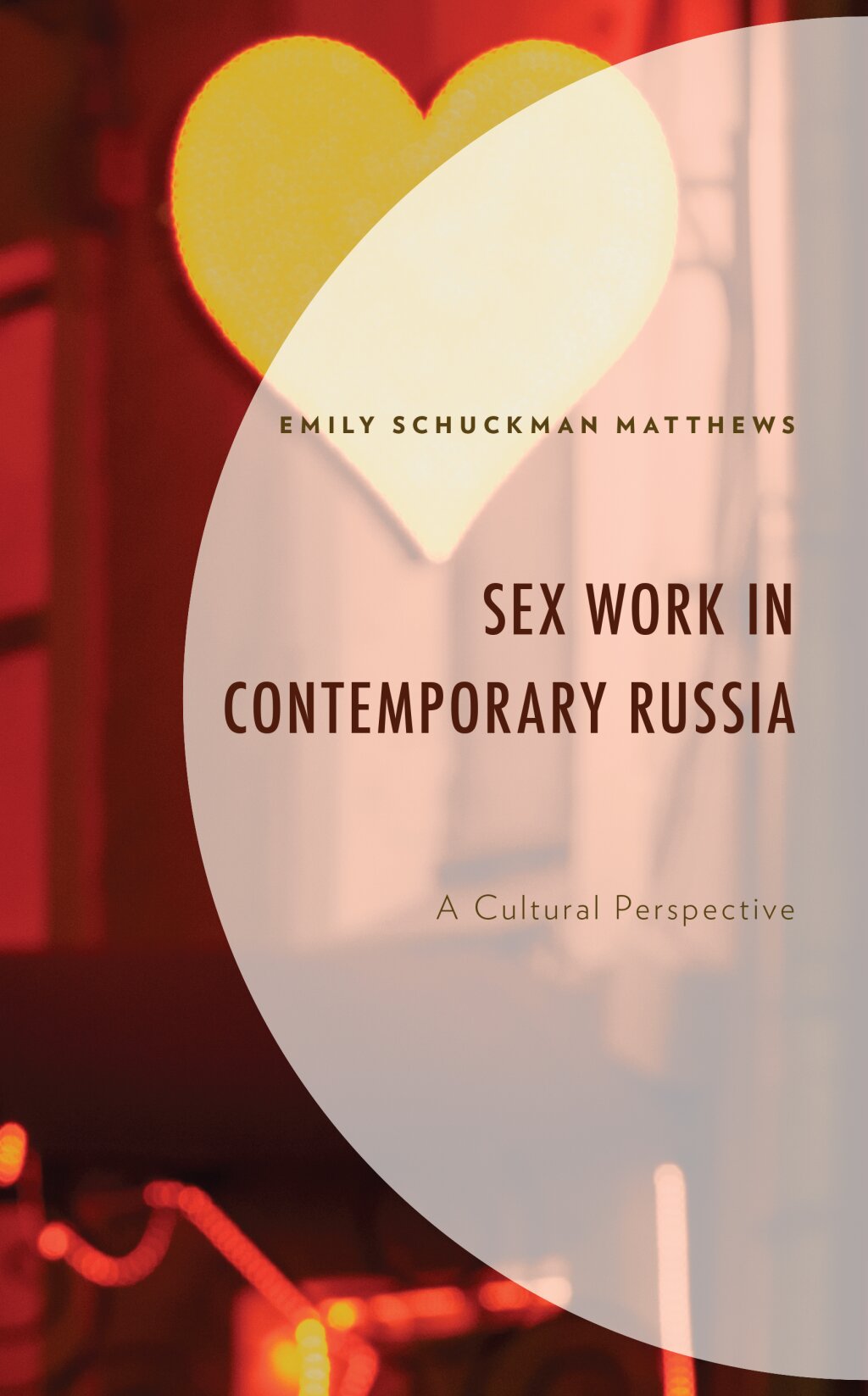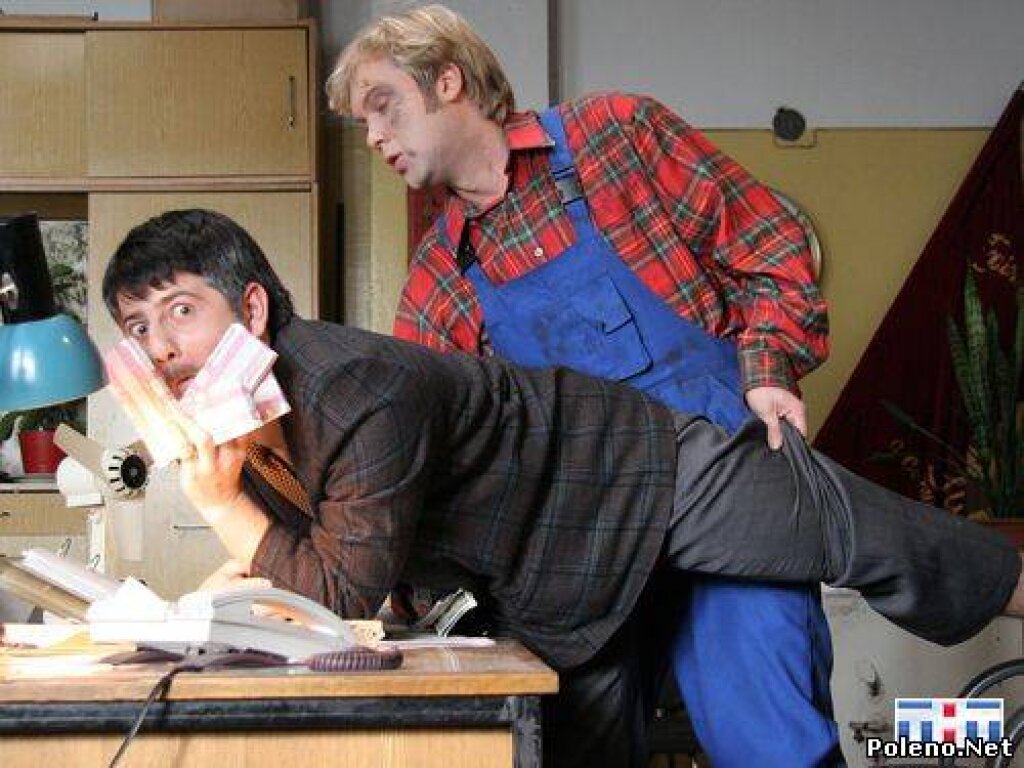Editor's Note: This week and next, All the Russias will be running a series of excerpts from Boris Dralyuk's new translation of Mikhail Zoshchenko's Sentimental Tales. This is Part III in the series; Part I is here and Part II here.
Boris Dralyuk is the editor of 1917: Stories and Poems from the Russian Revolution (2016) and coeditor of The Penguin Book of Russian Poetry (2015).
Apollo and Tamara
1.
In a certain town, on Bolshaya Prolomnaya Street, there lived a freelance artist—the pianist-for-hire Apollo Semyonovich, surname Perepenchuk.
Perepenchuk is a rare enough name in Russia, and readers might even assume that the hero of this tale is one Fyodor Perepenchuk, a medical attendant at the municipal reception ward, especially since both Perepenchuks lived at the same time and on the same street— and if their characters weren’t exactly similar, we can at least say that, in terms of their somewhat skeptical attitude toward life and their general pattern of thought, the cuts of their jibs resonated.
But the medical attendant Fyodor Perepenchuk was taken from us at an earlier date. Of course, it isn’t so much that he was taken from us as that he hanged himself. This happened just before the Fourth Congress.
It was all over the papers at the time: Fyodor Perepenchuk, they said, a medical attendant at the municipal reception ward, committed suicide in the line of duty, owing to disillusionment with life...
There you have it, friends—that’s the sort of hogwash our journos serve up these days. Disillusionment with life . . . Fyodor Perepenchuk and disillusionment with life . . . What a load of bunk. Pure hokum!
True, superficially speaking, we have here a man, a man who had, on occasion, pondered the senselessness of human existence and who died by his own hand. Sure, at first blush, that may look like disillusionment. But those who were close to Fyodor Perepenchuk, those who really knew him, would never talk such bunk.
Now, in the case of Apollo Perepenchuk, pianist-for-hire and musician—there you have disillusionment. There you have a man who lived in thoughtless enjoyment of his existence, but then, on account of purely material and physical causes, and as a result of various accidents and conflicts, lost his vigor and, in a manner of speaking, his taste for life. But let’s not get ahead of ourselves. After all, our tale is about Apollo Perepenchuk.
Whereas Fyodor Perepenchuk... The whole force of his personality lay in the fact that he didn’t arrive at his thoughts as a result of poverty, or of accidents and conflicts. No, his thoughts emerged from the mature, logical mental processes of a significant human being. He’d be a fitting subject for whole volumes of works, not just a single story. But not every writer would undertake that labor. Not every writer could serve as a biographer and, shall we say, a chronicler of the acts and thoughts of this extraordinary human being. The task would require a wordsmith possessed of the highest intelligence and greatest erudition, as well as knowledge of the minutest odds and ends of existence—the origin of man, the formation of the universe, all manner of philosophies, the theory of relativity and a bunch of other theories besides, where this and that star is located, and even the chronology of historical events. That’s what you’d need to get a handle on the personality of Fyodor Perepenchuk.
And in this respect Apollo Perepenchuk is no match for Fyodor Perepenchuk.
Compared to Fyodor Perepenchuk, Apollo Perepenchuk was a trifling man—I’d even say a louse . . . No offense to his relatives. And anyway, he didn’t leave behind any relatives in the Perepenchuk line, except for Adelaide Perepenchuk, his aunt on his father’s side. And she—well, she doesn’t exactly have a grasp of belles lettres. So let her take all the offense she wants.
Nor did he leave behind any friends. Yes, people like Fyodor and Apollo Perepenchuk aren’t ones for friends. Fyodor never had any to begin with, and Apollo lost the friends he had when he fell into poverty.
How could Fyodor Perepenchuk have had friends? He disliked people—despised them, really—and led a closed-off, one could even say austere, life. And if ever he talked to people, it was in order to express, automatically, the views he had accumulated, not to hear cheers or criticism.
And who, no matter how highly intelligent, could have responded to his proud thoughts?
“Why does man exist? Is there a purpose to man’s life—and if there isn’t, then is life itself not, generally speaking, in part senseless?”
Of course, some assistant or full professor on the state’s gravy train would reply, with unpleasant ease, that man exists in order to further culture and the happiness of the universe. But that’s vague and unclear, and, for the common man, even disgusting. An answer like that gives rise to all sorts of surprising things: why, for example, do beetles or cuckoos exist? They do no good to anyone, least of all to the future of culture. And to what extent is man’s life more important than that of a cuckoo—a bird that could live or not live, without changing the world one bit?
But here you’d need a pen of brilliance and a vast reserve of knowledge to reflect, at least partially, the grand conceptions of Fyodor Perepenchuk.
Perhaps we shouldn’t even have disturbed the shade of this remarkable man. And we wouldn’t have, had his thoughts not been, in later years, the final destination of his spiritual student and distant relative, Apollo Semyonovich Perepenchuk—pianist-for-hire, musician, and freelance artist who had once resided on Bolshaya Prolomnaya Street.
He had resided on that street a few years before the war and revolution.
2.
The term pianist-for-hire isn’t the least bit demeaning. Still, some people—including Apollo Semyonovich Perepenchuk himself— were reluctant to pronounce it in public, especially in mixed company, wrongly assuming that it might make the ladies blush. On those few occasions when Apollo Semyonovich did call himself a pianist-for-hire, he’d always add the word performer, or freelance artist, or some other qualification.
But this is not fair.
A pianist-for-hire is a musician, a pianist—even if, being in straitened material circumstances, he is forced to serve up his art as entertainment for the jolly crowd.
This profession isn’t as valuable as, say, theater or painting, but it is, nevertheless, an art.
Of course, there are, in this profession, many little blind men, many deaf old women, who reduce the art to the level of an ordinary trade, senselessly hammering away with their fingers, banging out all kinds of polkas, polkettes, and majorettes.
But you couldn’t very well place Apollo Semyonovich Perepenchuk in that category. His true calling, his artistic temperament, his lyricism, his inspiration—none of these fitted with prevailing notions of the pianist-for-hire’s trade.
On top of that, Apollo Semyonovich Perepenchuk was sufficiently handsome and even refined. His face exuded inspiration and an unusual air of nobility. His lower lip, perennially bitten in pride, coupled with his haughty artistic profile, lent his figure the look of a sculpture.
Even his Adam’s apple, his plain old Adam’s apple—or, as it’s sometimes called, the laryngeal prominence—which, when glimpsed on other men, is apt to trigger disgust or laughter, looked noble on Apollo Perepenchuk, whose head was invariably thrown proudly back. There was something Greek about that prominence.
And the flowing hair! The velvet blouse! The dark green tie hanging down to his waist! No way around it—the man was endowed with extraordinary beauty.
And those moments when he would arrive at a ball with his rapid gait and freeze like a statue in the doorway, as if surveying the whole of society with his haughty gaze... Yes, the man was irresistible. More than one woman shed copious tears over Apollo Perepenchuk. And how angrily other men shunned him! How they hid their wives from him—on the pretext that it was embarrassing, in their words, for the wife of a government official, say, to run around with some ivory-tickler.
And that unforgettable incident when the senior clerk at the Treasury Chamber received an anonymous letter explaining that his wife was on intimate terms with Apollo Perepenchuk! That hilarious scene—with said clerk lying in wait for Apollo Semyonovich for two hours, ready to pounce, only to be led astray by a flowing mane and mistakenly pummel the Secretary of the City Council...
Oh, there was indeed any amount of funny business! And the funniest thing was that all the scandals, the little notes, the ladies’ tears were completely groundless. Graced with the countenance of a lothario, romancer, and destroyer of families, Apollo Semyonovich Perepenchuk was, on the contrary, an extremely timid and quiet man.
In fact, he avoided women, kept his distance from them, convinced that a true artist mustn’t tie himself down to anything...
Yes, women wrote him notes and letters, attempting to arrange secret assignations and addressing him with terms of endearment and diminutives, but he was not to be moved.
He kept the notes and letters in a little box, taking them out in his spare time to examine them, number them, and bind them in little packs. But he lived in solitude, and was even, one could say, closed off. He loved to pronounce, at the least provocation: “Art comes first.”
And when it came to art, Apollo Perepenchuk was far from last. There are, of course, virtuosos who can perform all kinds of different motifs using only the black keys. Apollo Perepenchuk couldn’t hold a candle to those fellows. Still, he did have a waltz to his name—“The Dreams that Engulf Me”...
He used to perform this waltz quite successfully before huge audiences within the walls of the Merchants’ Assembly Hall.
That was in the year under discussion—the year of his greatest glory and fame. Another of his works, the unfinished “Fantaisie réale”—composed in major tones, but not deprived thereby of charming lyricism—belongs to the same period. This “Fantaisie réale” was dedicated to a certain Tamara Omelchenko, the maiden who would play so crucial and fatal a role in the life of Apollo Semyonovich Perepenchuk.
Excerpted from Mikhail Zoshchenko's SENTIMENTAL TALES, translated by Boris Dralyuk, part of the Russian Library series (Columbia University Press).



